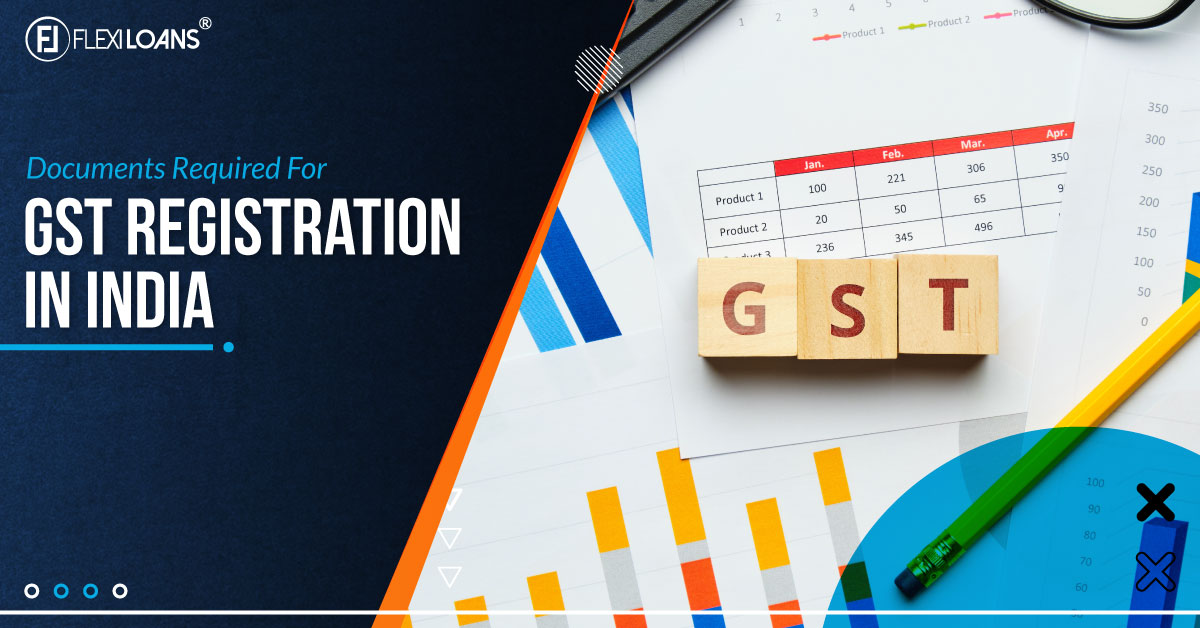From Start to End Up: The Ultimate Roadmap to GST Enrollment for Businesses Looking For Financial Security
Browsing the intricacies of Item and Solutions Tax Obligation (GST) enrollment is a crucial action for companies aiming for monetary security. Breaking down the roadmap into convenient steps can enhance the enrollment trip for organizations looking to improve their economic standing.
Understanding GST Essentials
Digging into the basic concepts of Product and Solutions Tax (GST) is necessary for getting a detailed understanding of its ramifications on services and the economic climate. GST is a value-added tax obligation levied on the majority of items and solutions for domestic intake. It has changed numerous indirect taxes that existed in the pre-GST period, improving the tax obligation structure and enhancing ease of doing service in India. Under the GST system, both goods and services are strained at a certain rate, which is determined based on their classification. Businesses are required to sign up for GST if their annual turnover surpasses the threshold limit established by the government. Input Tax Credit History (ITC) is a considerable attribute of GST, enabling organizations to claim credit score for tax obligations paid on inputs, minimizing the overall tax obligation worry. Recognizing the fundamentals of GST is crucial for services to adhere to tax regulations, manage their funds efficiently, and add to the nation's economic growth by taking part in a transparent tax system.
Qualification Requirements for Registration
To sign up for GST, services must satisfy details eligibility criteria established by the federal government. The key qualification requirement is that any type of service included in the supply of goods or solutions with an annual aggregate turn over above the threshold restriction set by the authorities have to register for GST. Since the existing guidelines, the threshold limit for GST registration is an annual accumulation turnover of 40 lakhs for companies operating within a state, with the exception of special group states where the limit is 20 lakhs. In addition, particular organizations are needed to register for GST regardless of their turnover, such as interstate distributors, laid-back taxed persons, and businesses liable to pay tax under the reverse cost mechanism. It is crucial for companies to extensively assess their turn over and deal kinds to identify their GST enrollment responsibilities accurately. Failing to register for GST when eligible can lead to fines and lawful repercussions, making it important for organizations to stick to the specified qualification criteria.
Records Required for Enrollment
Having satisfied the eligibility criteria for GST enrollment, services must currently ensure they have the requisite files in area to proceed with the enrollment process effectively. The papers required for GST registration typically include proof of service constitution, such as partnership action, enrollment certification, or incorporation certificate for various types of services. Additionally, companies require to provide files establishing the principal location of navigate to this site organization, such as a rental agreement or electricity expense.
Step-by-Step Enrollment Process
Beginning the GST enrollment procedure entails a series of structured actions to ensure a compliant and seamless registration for companies. The initial step is to go to the GST website and submit the registration type with exact information of business entity. Following this, the candidate receives a Short-term Recommendation Number (TRN) which is used to return to the application process if it's not completed in one go.
Next, all needed documents based on the list offered by the GST portal need to be posted. These documents usually consist of proof of organization address, enrollment and identification evidence of marketers, economic declarations, and company entity's PAN card.

Post-Registration Conformity Standards

Verdict
Finally, businesses looking for monetary stability needs to comprehend the fundamentals of GST, meet qualification criteria, collect needed records, comply with the step-by-step registration procedure, and follow post-registration standards - Best GST registration services in Singapore. By adhering to these actions, services can make sure compliance with tax obligation laws and preserve monetary stability in the future
In addition, specific businesses are called for to register for GST regardless visit this page of their turnover, such as interstate distributors, informal taxable individuals, and services liable to pay tax obligation under the reverse cost device.Having actually satisfied the eligibility standards for GST registration, organizations should now guarantee they have the requisite papers in place to continue with the enrollment procedure successfully. The files needed for GST registration generally consist of proof of service constitution, such as partnership deed, registration certificate, or unification certificate for various kinds of businesses. Additionally, services need to supply documents establishing the primary area of company, such as a rental arrangement or electrical power costs.Beginning the GST enrollment procedure involves a series of organized steps to guarantee a certified and seamless registration for organizations.